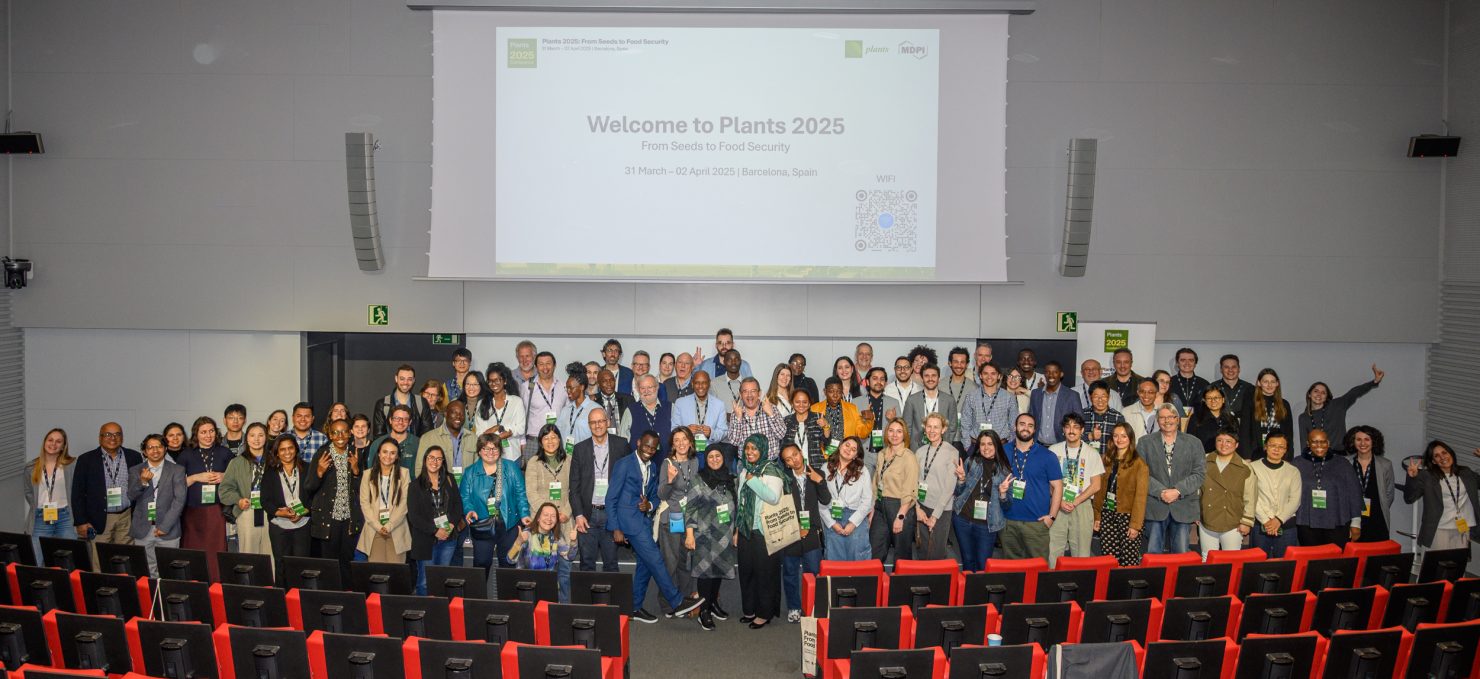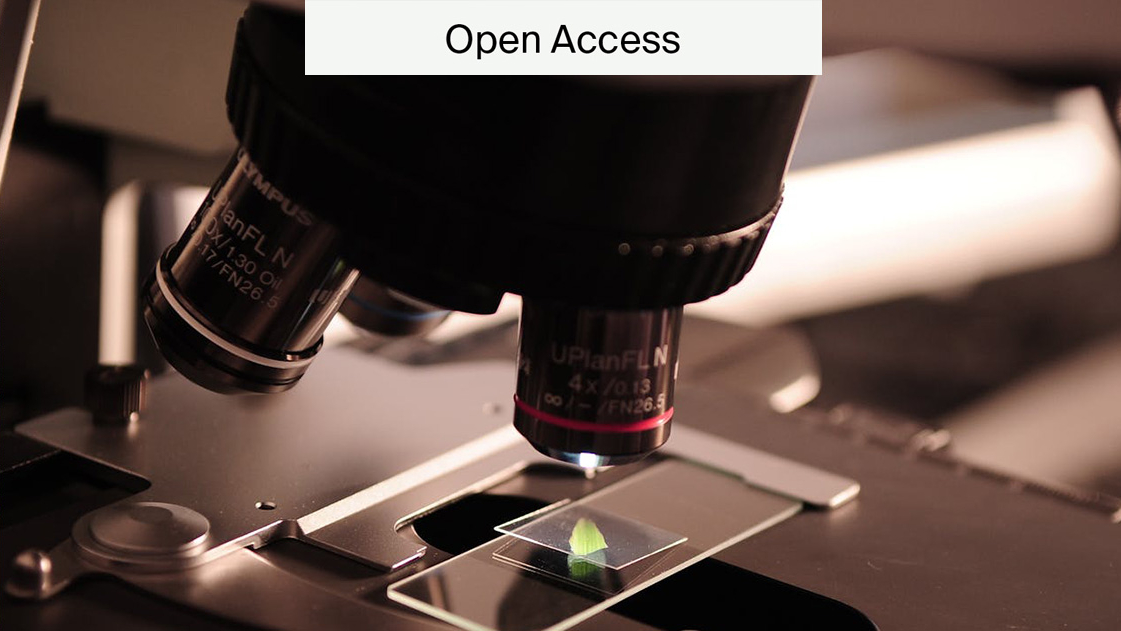
Finding Sustainable Solutions to Food Security
The MDPI Open Access journal Plants recently hosted the international conference Plants 2025: From Seeds to Food Security. The conference brought together plant scientists and experts from all around the globe. They came together to discuss and find solutions for mitigating climate change and meeting the growing demand for food sources and agricultural production.
The event took place in the beautiful setting of Barcelona and was held over 2 days. The conference was a huge success, boasting 101 attendees from over 35 different countries across the globe.
It was hosted and organised by the Open Access journal Plants, as well as the conference chairs, Professor Dr Dilantha Fernando, Dr Fermín Morales, Professor Dr Oscar Vicente and the conference committee members. The event was strategically divided into seven sessions over the 2 days; each session had its own theme and schedule of keynote and invited speakers.
The chairs worked closely with the committee members to collate and recruit exceptional speakers for each of the sessions. The innovative research presented by world-renowned speakers inspired collaboration to identify sustainable agricultural solutions.
Here, we look at some of the important research from one of the chairs, Professor Dr Dilantha Fernando and one of our keynote speakers, Professor Dr Saman Seneweera, as well as one of our invited speakers, Professor Dr Małgorzata Jędryczka. Furthermore, we explore their impact on plant innovation and sustainable solutions to meet the growing demand for agriculture and crop production.
Professor Dr Dilantha Fernando
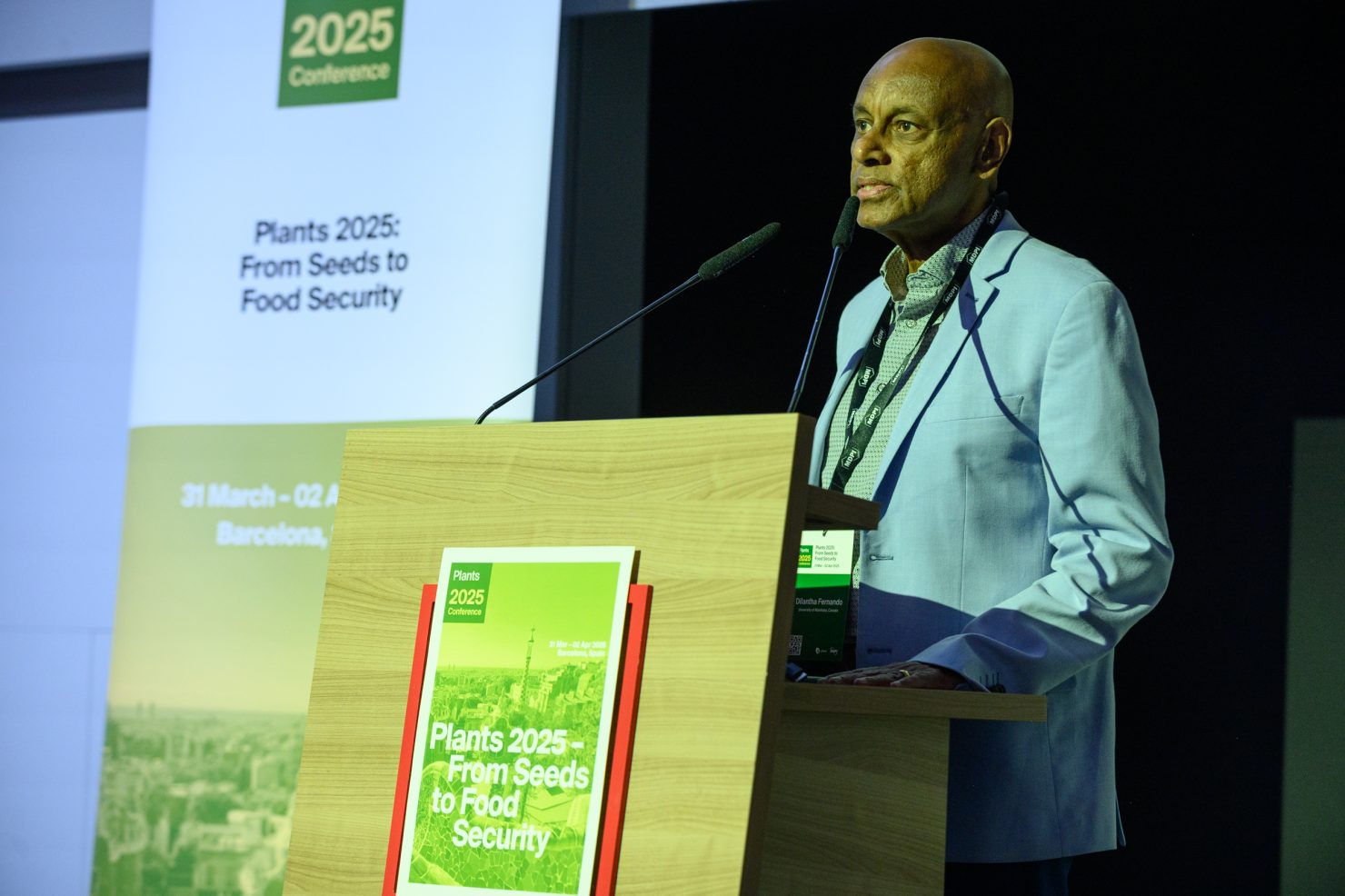
Professor Dr Dilantha Fernando is a professor, plant pathologist and dean at the University of Manitoba, Canada. He is an internationally renowned host–pathogen interaction expert specialising in canola-blackleg, canola-Verticillium, canola-Sclerotinia, and wheat-fusarium head blight research. Additionally, he is specifically interested in the epidemiology and spread of the pathogen on canola and cereals. His overall research focus is on developing sustainable disease management strategies to reduce crop pathogens via conventional and molecular approaches.
Professor Dr Fernando is a leader in sustainable agriculture and has a wide variety of achievements and awards. This includes being presented with the highest award from the Canadian Phytopathological Society in 2020 – the CPS Award for Outstanding Research. Moreover, he was also awarded by the international Plant Growth Promoting Rhizobacteria (PGPR) community in 2019 for exemplary research towards sustainable agriculture. As a mentor, he has supported over 100 university students, who have all gone on to fruitful career opportunities.
Sustainable agricultural systems to improve food security
Professor Dr Fernando believes in and facilitates working together to achieve a common goal. This research collaboration has helped to save the canola industry billions. During the conference, he presented his groundbreaking research, which led to the migration of Blackleg of Canola, a major disease in Canola.
Blackleg of Canola is a common disease caused by the fungal pathogen Leptosphaeria maculans in rapeseed crops in Canada. The disease can significantly reduce the yield of the crop. Professor Dr Fernando and his team used molecular methods to identify resistance genes available at the time in Canadian canola varieties. Plant resistance genes, or R genes, encode proteins which recognise specific pathogens and initiate a defence response.
Professor Dr Fernando and his team’s intensive genetic surveillance of R genes resulted in the team successfully identifying commonly used R genes as well as novel R genes previously not incorporated in breeding programs. This system was implemented globally with seed distributors so that buyers can identify the exact resistance gene in certain varieties. This gives the buyers control to rotate variations of the R genes, preventing R gene resistance.
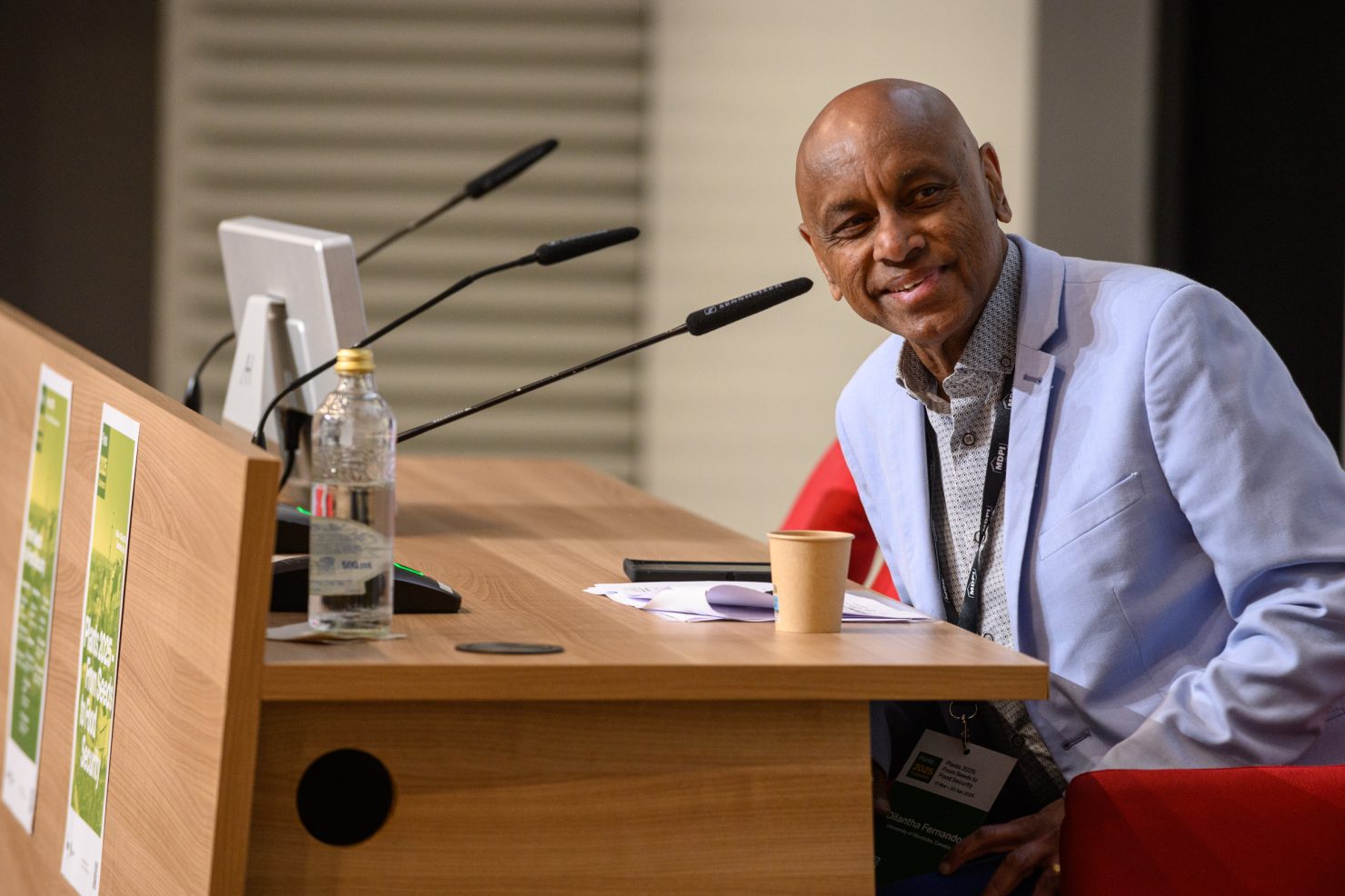
When asked about the conference, Professor Dr Fernando emphasised the importance of coming together as a community to address serious issues such as climate change. He explained:
“The most important area is climate change, and our keynote speaker was speaking on climate change. But then, subsequently, most of the presentations were related to climate change in some form or the other. We cannot completely get rid of climate change, but we need to have a way to mitigate the impact of climate change on our crops. I think that the Plants conference is contributing to that and will help us move forward in our research and our way of thinking.”
When asked about the contribution of the speakers, he noted:
“I think every speaker is contributing a lot. I particularly like seeing the young students enthusiastically presenting their research because they are the future.”

Professor Saman Seneweera
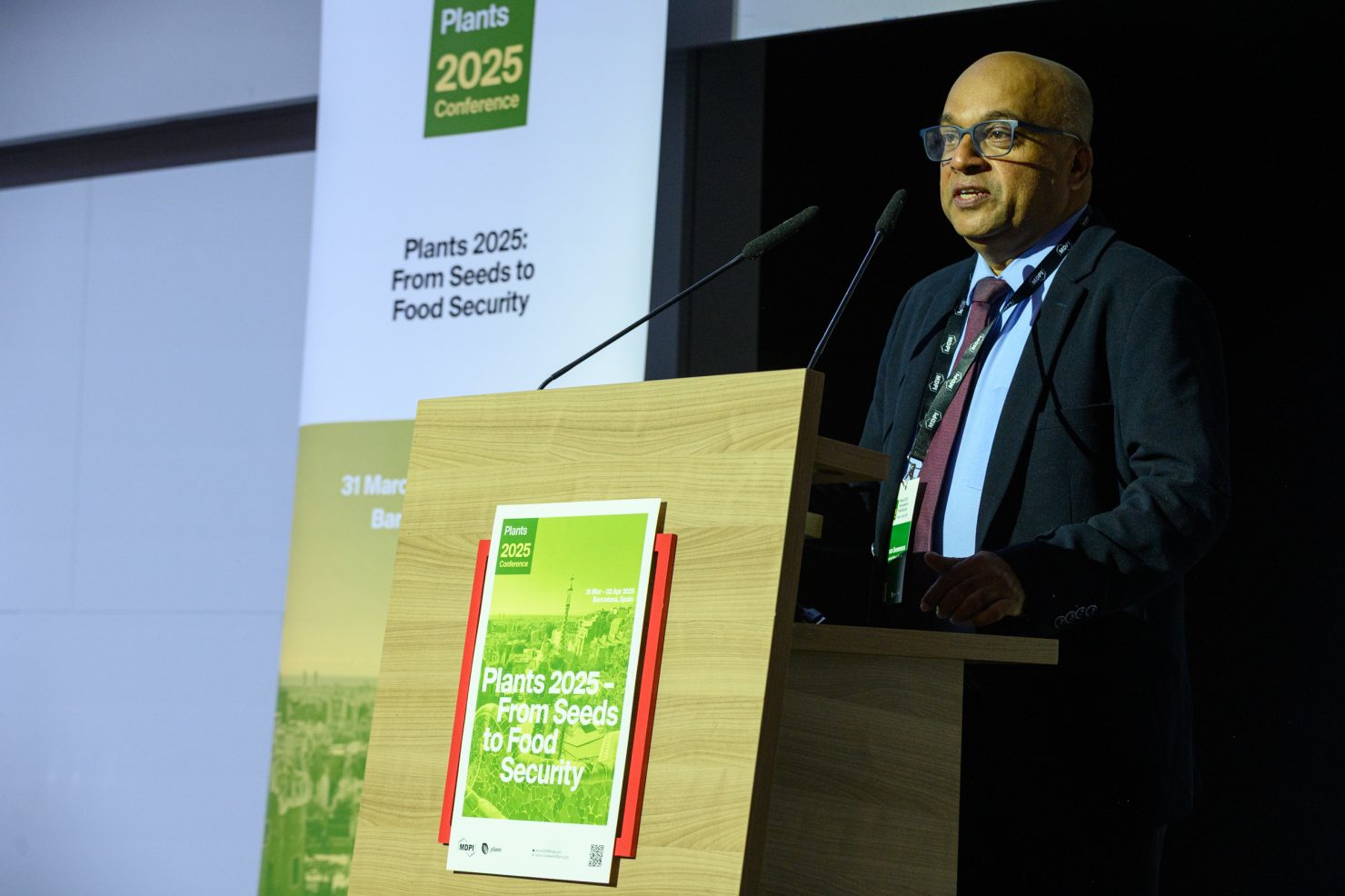
Professor Saman Seneweera is a leading expert and globally recognised for his work in climate change biology. He is the chair of agricultural engineering and environmental technology at the University of Ruhuna’s Faculty of Agriculture. Professor Saneweera is a pioneer in agricultural sustainability efforts. His research focuses on the effects of rising CO₂ levels, water scarcity and the effects of temperature changes on plant physiology. Furthermore, he has developed innovative adaptation strategies to adapt crops to future climates. His impressive career spans over 3 decades and continues to drive positive changes in the battle against climate change.
Professor Seneweera is a prominent name in sustainability and climate change research. He is recognised among the top 2% of scientists worldwide, according to Stanford University ratings. He started his career working with world-leading scientists, inspiring his passion for plant science.
Since the start of his career, he has held prestigious academic positions worldwide and inspired countless other plant scientists’ careers. This includes mentoring and supporting over 40 PhD students. Additionally, Professor Saneweera is a key driver of large-scale incentives to improve crop resilience and mitigate climate change effects. This includes securing over 20 million US dollars in research funding, contributing to global efforts towards combating climate change and creating a sustainable future.
Rising carbon dioxide’s negative impact on food security
Professor Seneweera is a leading voice in sustainable agriculture and climate research.
During the conference, he presented his research concerning the effect that rising carbon dioxide is having on food and nutrient security. This research is detailed in a range of papers that Professor Seneweera has published. The papers focus on how rising CO₂ is impacting the nutrition of certain crops. Moreover, his work identified how C3 grains and legumes, normally packed with essential vitamins, iron and zinc, have lower concentrations of these nutrients when grown with elevated CO₂ in the atmosphere. Additionally, his research also shows that other C3 plants, including wheat and rice, are also affected by CO₂ increases in the atmosphere. It’s suggested that increases in CO₂ could positively affect the yield percentage of grains; however, it will negatively impact the quality of the grain.
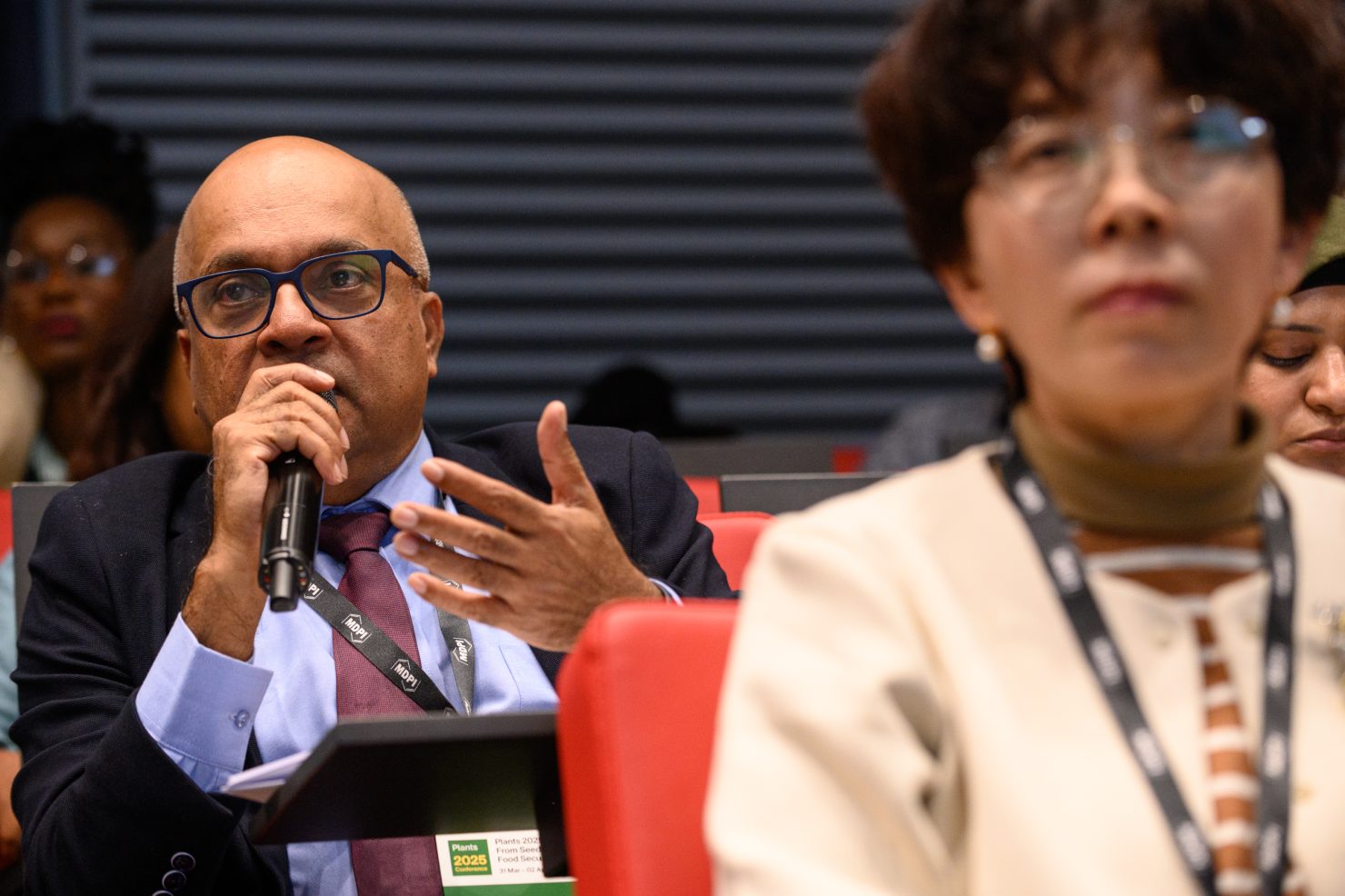
When asked about the conference, Professor Seneweera discussed the importance of climate change topics:
“I’ve very much enjoyed the whole conference. We had a full climate change session, then we went into the pathology, biotic stresses and abiotic stresses and into general agronomy ecology, so all together it’s a fantastic combination.”
He continued:
“I definitely think it’s going in the right trajectory, and I think we all know that climate change is a reality and that the population is growing; by the middle of the century there will be 2 billion more [people] on Earth, so we need to feed them. So the science is a driver, but we have several challenges. This conference is a very promising opportunity to bring all the personalities together and talk about climate change.”
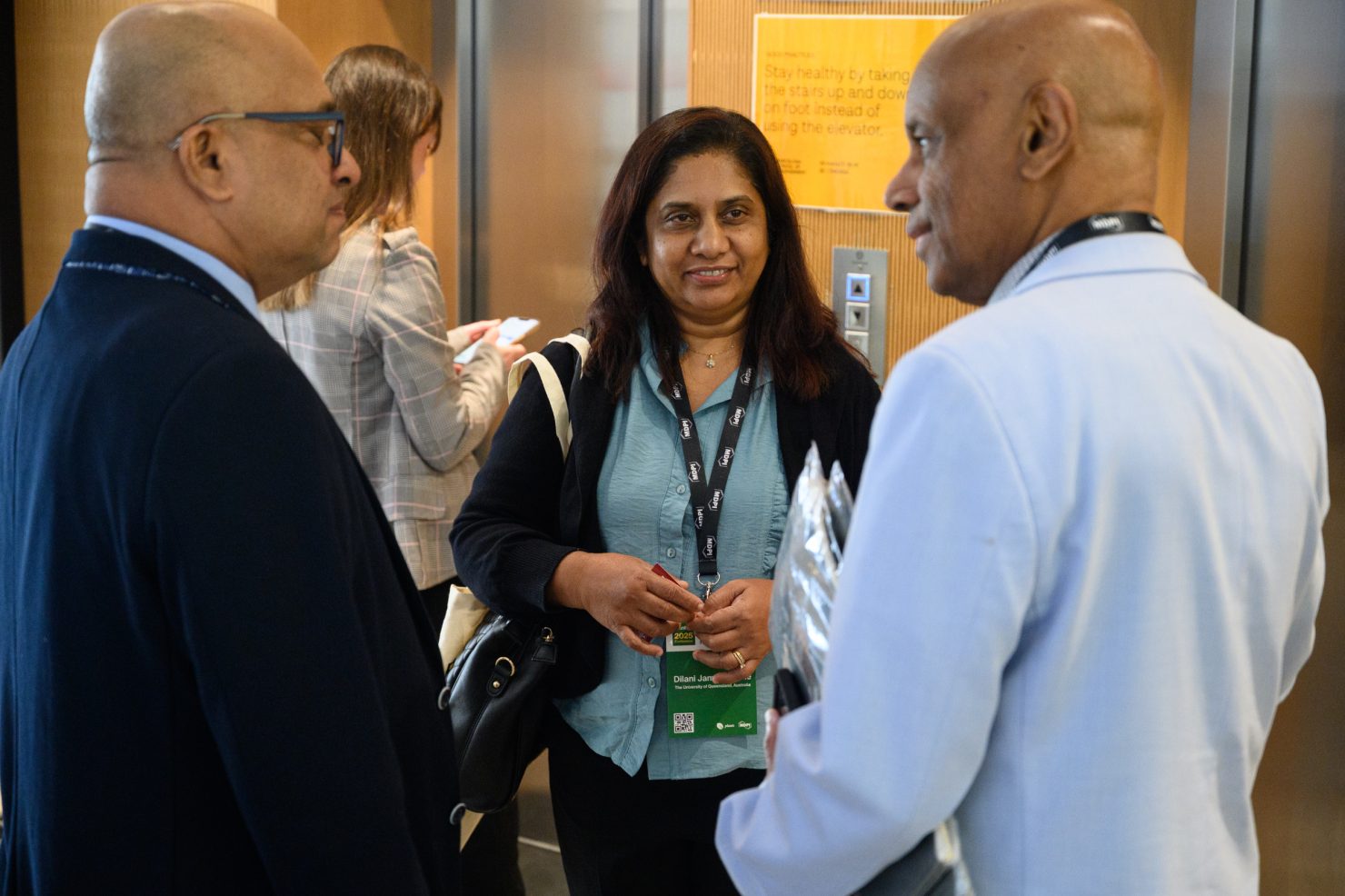
Professor Dr Małgorzata Jędryczka
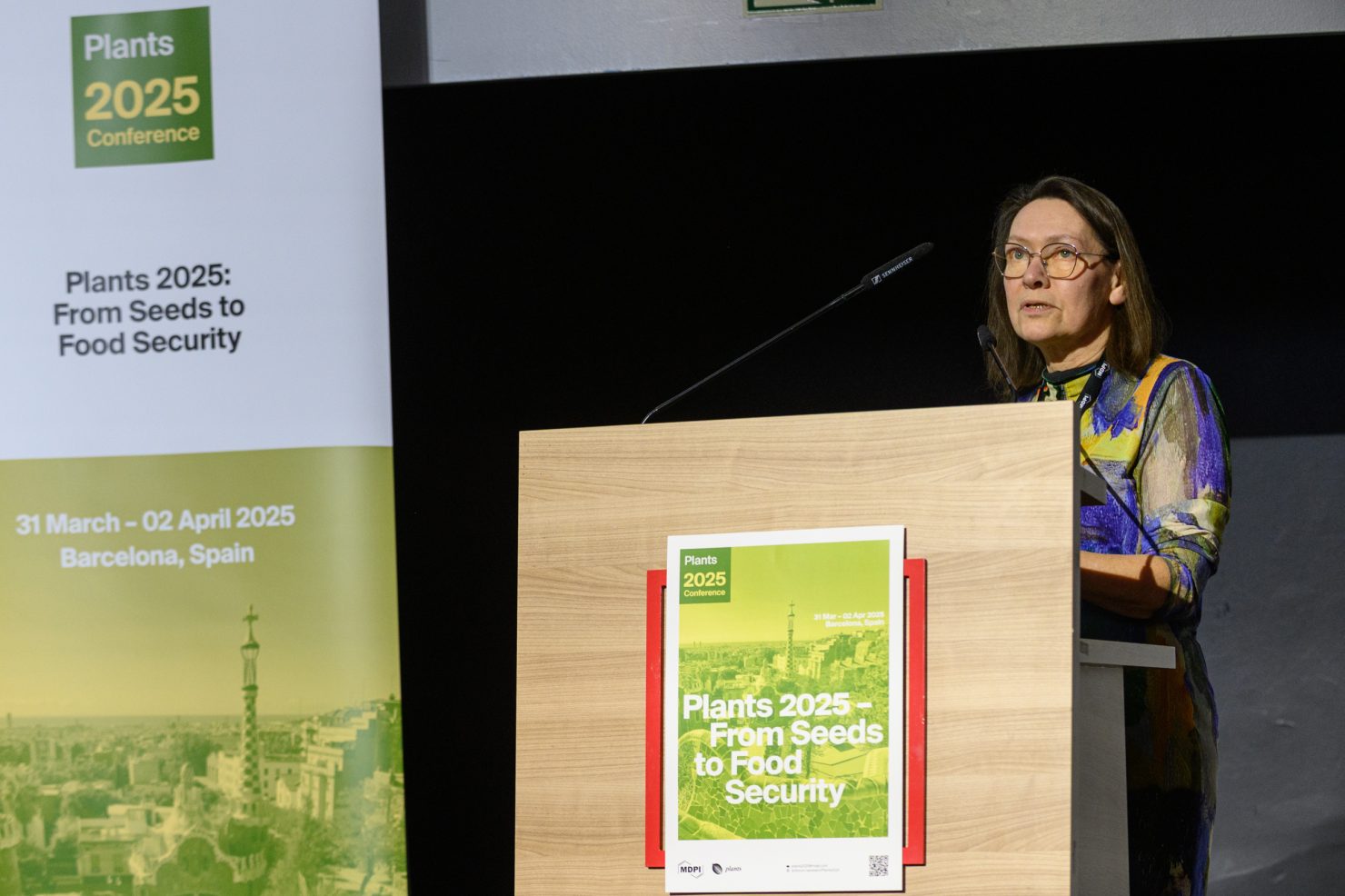
Professor Dr Małgorzata Jędryczka is the head of the Pathogen Genetics and Plant Resistance Team at the Institute of Plant Genetics, Polish Academy of Sciences (IPG PAS). The IPG PAS conducts research in the field of agricultural sciences, in the discipline of agriculture and horticulture. They support sustainable agriculture and solve emerging problems related to plant functioning, including those related to climate change.
Professor Dr Jędryczka’s research focuses on the early identification of fungi in the air and in the tissues of crop plants. Moreover, her research methods include classical and molecular characterisation of plant pathogens. She also specialises in other techniques, such as aerobiological methods in agriculture, to implement early warning systems (DSS) against the infection caused by the spores of pathogenic fungi, based on microscopy and molecular detection.
Professor Dr Jędryczka is a leader in her field. She has directed Europe’s largest decision support system for crop protection based on aerobiological monitoring since 2004. Additionally, her team identified sources of genetic resistance of plants to pathogens.
Molecular aeromycology as an option for improving food security
Professor Dr Jędryczka is a specialist in molecular aeromycology. This is the study of airborne fungal spores using molecular biology to identify fungal species present in the air.
During the conference, she presented her research on how molecular aeromycology could be used for the early detection of fungal plant pathogens. Fungal plant pathogens are extremely common and can cause major damage to crop yield and vitality.
Professor Dr Jędryczka’s research demonstrates the successful use of spore samplers in monitoring fungal spores of plant pathogens worldwide. Her work demonstrates the potential for early warning systems to be designed that could detect minute amounts of pathogens in the air and warn farmers before damage is caused.
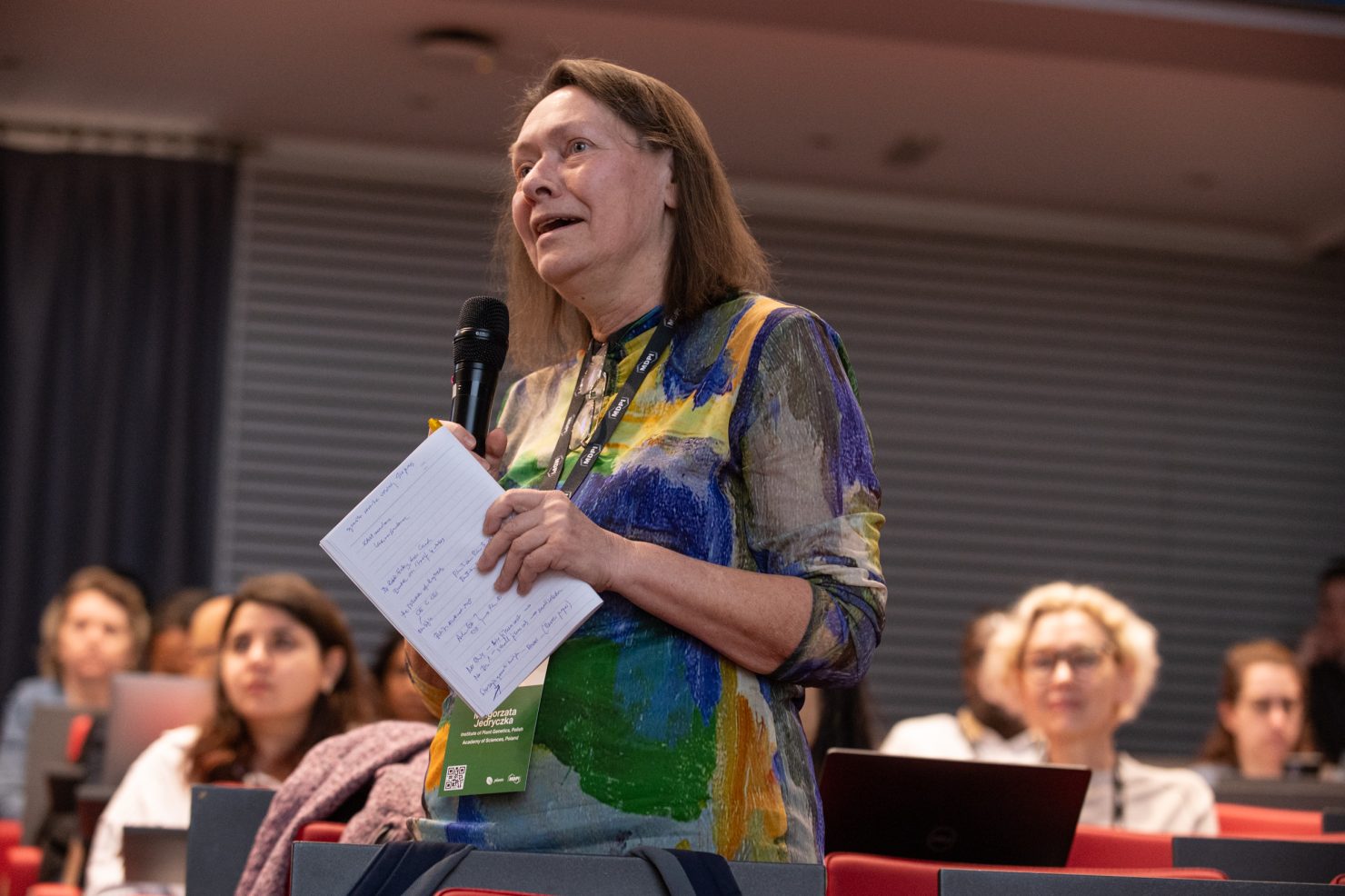
When asked about the topics at the conference, Professor Dr Jędryczka explained:
“It was a good number of presentations, which were on different topics. They were, of course, composed in different sessions, but altogether it was a very broad picture of what’s going on in plant sciences”.
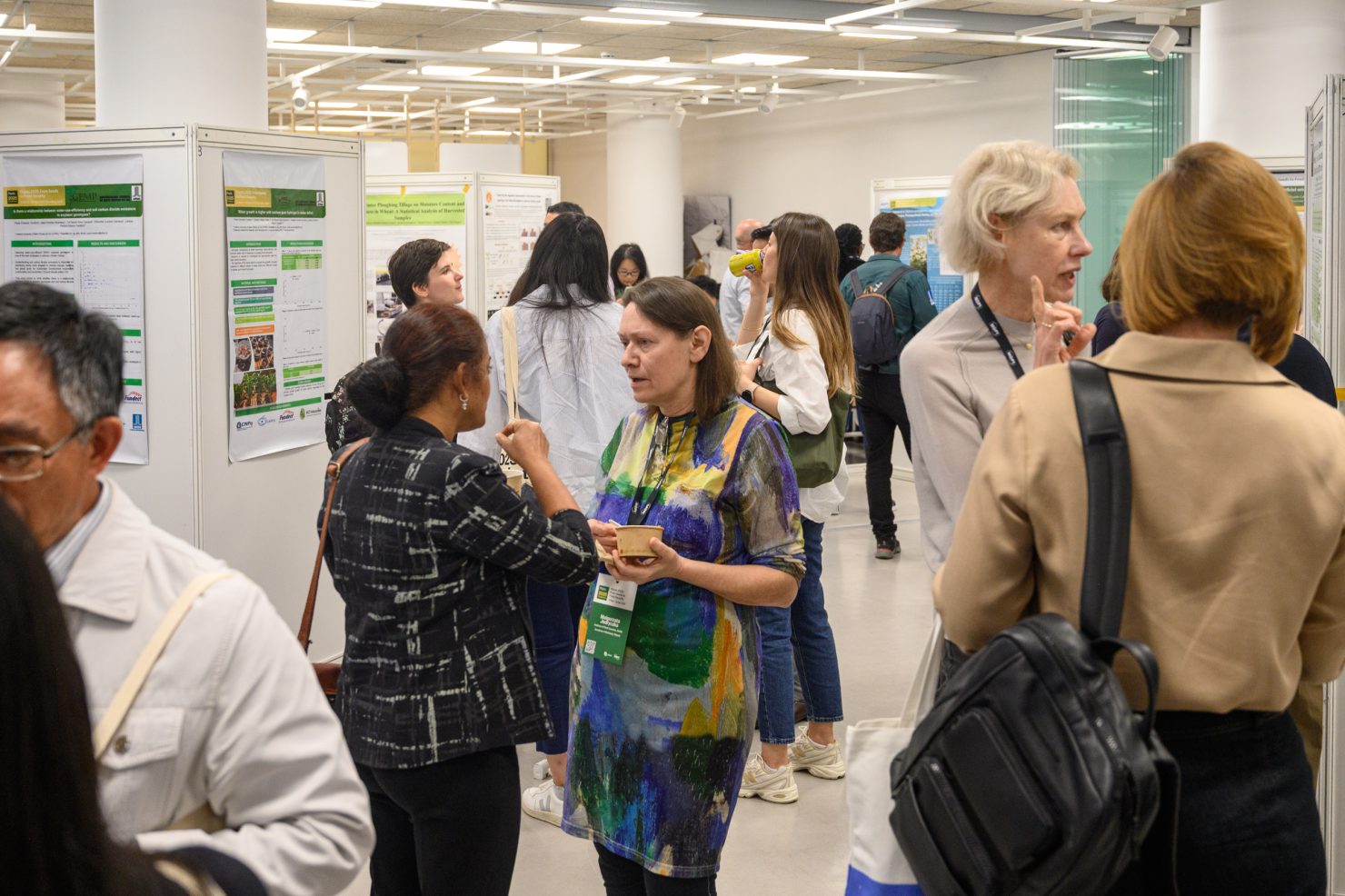
Future conferences
Plants 2025: From Seeds to Food Security conference brought together experts and new researchers from all areas of agronomy to discuss the impacts of climate change and new solutions for food security. The conference was a success, initiating new conversations and collaborations to work towards a shared goal of sustainability and mitigation of climate change.
If you would like to find out more about attending or participating in future plant science conferences or events for 2025, please see here.
Or if you would like to read more about the research presented at the conference, please see the Special Issue: “Plants 2025—from Seeds to Food Security” here.
